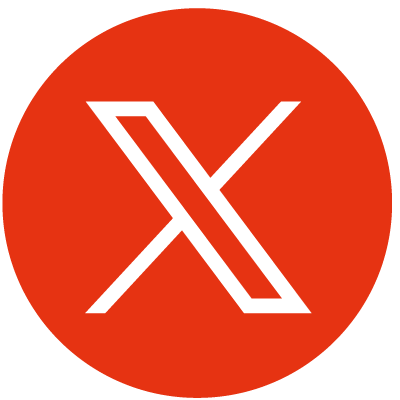- Course Information
Our T Level in Design Engineering will give students vocational skills including project management, maths mechanical science, computer aided design and can help students into skilled employment, higher study or apprenticeships. Each T Level includes an in-depth industry placement that lasts at least 45 days. Students get valuable experience in the workplace; employers get early sight of the new talent in their industry. T Level students spend 80% of the course in the classroom, learning the skills that employers need. The other 20% is a meaningful industry placement, where they put these skills into action.
- Course Code
- LT3ENG/S
- Attendance Pattern
- Daytime
- Course Level
- Level 3
- Study Mode
- Full Time
- Course Location
- Leyland Campus
- Age Group
- School Leavers (16-18)
- Course Duration
- 2 years
- Overview
What will I learn?
Inspired & Supported by a range of Industrial partners this unique course will develop your understanding of Engineering and will push and challenge your ideas and thought processes within Design. Within your first year of study you will explore a range of topics including principles of design, design processes and customer & client requirements. We will research the Past, Present & Future of Engineering to further our understanding and will gain a deeper understanding of the Maths & Science behind Design within Manufacture. You will have the opportunity to study within the School of Professional Engineering where you will develop your skills and knowledge to a higher level, ready for your future progression into employment or higher study. You will also work for 45 days (315 hours) within the two years on an Industry Placement to further your knowledge and skills.
What enrichment can I look forward to?
Students have previously enjoyed guest speakers from National & International Engineering such as Cadent Gas and Robertson and a range of local Engineering companies. There are annual residential trips to places such as London and Design your Future showcases, plus other events such as sports days and half termly fun days, team building as well as other events throughout the year.
Course Highlights:
Academies, Industry Placements and outstanding teaching & learning
- Entry Requirements
Overall requirements for the T Level Programme at Runshaw College are 5 x Grade 4s in Maths & English.
Please note, some courses and subjects will have additional specific entry requirements or require DBS clearance to undertake placements. Information about this can be found in our course leaflet (available to download above), the Apply Portal, and on your offer letter which you will receive after your interview.
- How will I be assessed?
There will be a considerable amount of written and calculated work or investigation. The course is holistic which means that you will get a much better grasp of all of the content as it interweaves design, safety and applied mathematics into each project. The course encompasses two exams which cover all of the core content leading into an employer set project which supports all of the learning which has taken place.
- Progression Pathway
Students progress onto Apprenticeships with a range of companies and training providers as well as on to University to study a wide range of courses including Engineering, Architecture, Automotive and Mechanical Engineering to name a few. Working alongside exciting Professional industries opens the door to so many opportunities.
- Teaching & Assessment
Students will be assessed through a continual assessment using practical observations, written assignments, exams and an employer set project. The T Level certificate will include:
• An overall grade for the T Level, shown as pass, merit, distinction or distinction*
• A separate grade for the core component, using A* to E
• A separate grade for the occupational specialism (Civil Engineering), shown as pass, merit or distinction

